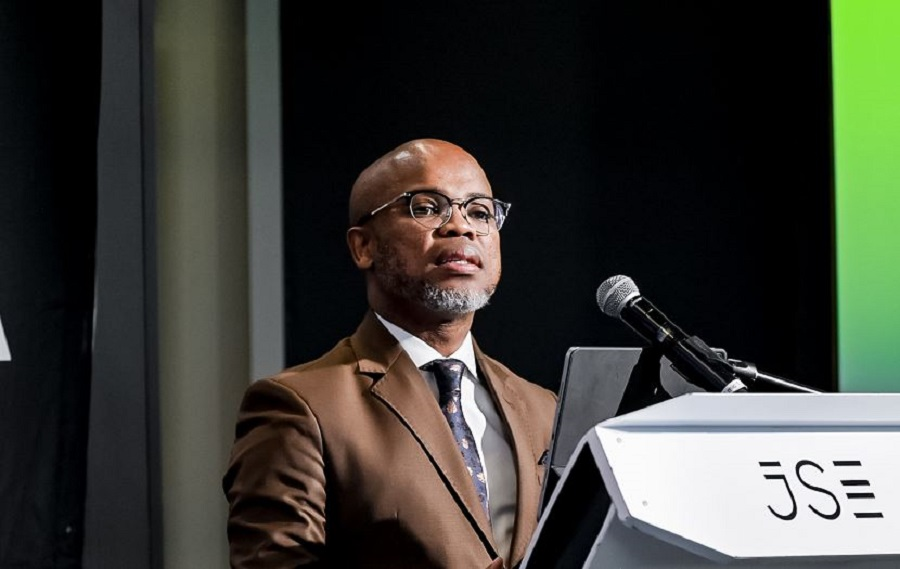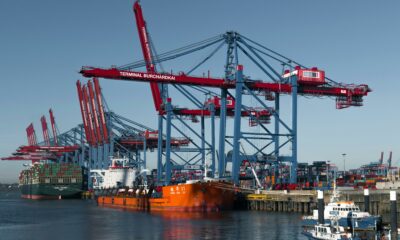Business
South Africa’s Financial Sector at a Crossroads: Balancing Growth with Integrity

South Africa’s financial sector may be one of the most advanced in Africa, but it now finds itself under immense pressure. At the 11th Archbishop Thabo Makgoba Development Trust Annual Lecture, Financial Sector Conduct Authority (FSCA) Commissioner Unathi Kamlana warned that the country’s deep socio-economic wounds are colliding with global uncertainty, creating a storm that requires bold and principled leadership.
Beyond Numbers: A Call for Ethical Leadership
“Here at home, South Africa faces deep and persistent socio-economic challenges,” Kamlana said, stressing that the financial sector cannot hide behind balance sheets and quarterly profits. Instead, he argued, leaders must step forward with vision, integrity, and courage.
It’s a message that cuts deep in a country where financial institutions often sit at the centre of public mistrust. Banks, insurers, pension funds, and asset managers don’t just move moneythey shape livelihoods. For millions of South Africans, access to credit, fair lending, and reliable retirement savings are not abstract debates; they are daily realities.
A Sector Too Big to Fail
The financial sector contributes significantly to GDP, supports government revenues through taxation, and creates jobs. But as Kamlana pointed out, this very influence makes the sector a double-edged sword. If trust in the system falterswhether due to corruption, unfair treatment of customers, or reckless market behaviourthe ripple effects reach every corner of society.
South Africans don’t have to look far for reminders. From the collapse of VBS Mutual Bank to high-profile pension scandals, the wounds are fresh, and public skepticism runs high. On social media, many South Africans voiced both agreement with Kamlana’s call for fairness and cynicism over whether regulators can enforce it effectively.
The Tech Tipping Point
Technology is reshaping finance globally, and South Africa is no exception. Digital banking, mobile payments, and fintech start-ups have opened new doors, particularly for those excluded from traditional banking. But with opportunity comes risk.
Kamlana cautioned against adopting technology purely for profit:
“Markets are powerful engines of growth, but they can also be blind to fairness, justice, and dignity. Left unchecked, they can reward behaviour that undermines trust and destabilises society.”
The FSCA itself is undergoing its largest digital transformation to date, rolling out supervisory technologies (SupTech) to better monitor institutions, fight scams, and protect consumers in the digital age. This shift signals a recognition that technology must be harnessed not only to expand efficiency but also to safeguard inclusion.
A Sector Under Test
Kamlana’s lecture underscored a larger truth: South Africa’s financial sector sits at a crossroads. On one side lies growth, efficiency, and global competitiveness. On the other, there is fairness, inclusion, and trust. The country cannot afford to choose one over the other, it must pursue both.
Leadership in this era, Kamlana argued, cannot simply chase profit. Instead, it must be grounded in people-first principles, where growth is balanced with justice and sustainability.
Why This Matters Now
With unemployment stubbornly high, inequality widening, and political instability shaking investor confidence, South Africa’s financial sector is more than just a backbone of the economyit’s a barometer of the country’s future.
If leaders heed Kamlana’s call, finance could become a tool for transformation, expanding opportunity and restoring trust. But if profit remains the only compass, the sector risks deepening the very crises it is supposed to help solve.
{Source: IOL}
Follow Joburg ETC on Facebook, Twitter , TikTok and Instagram
For more News in Johannesburg, visit joburgetc.com



























